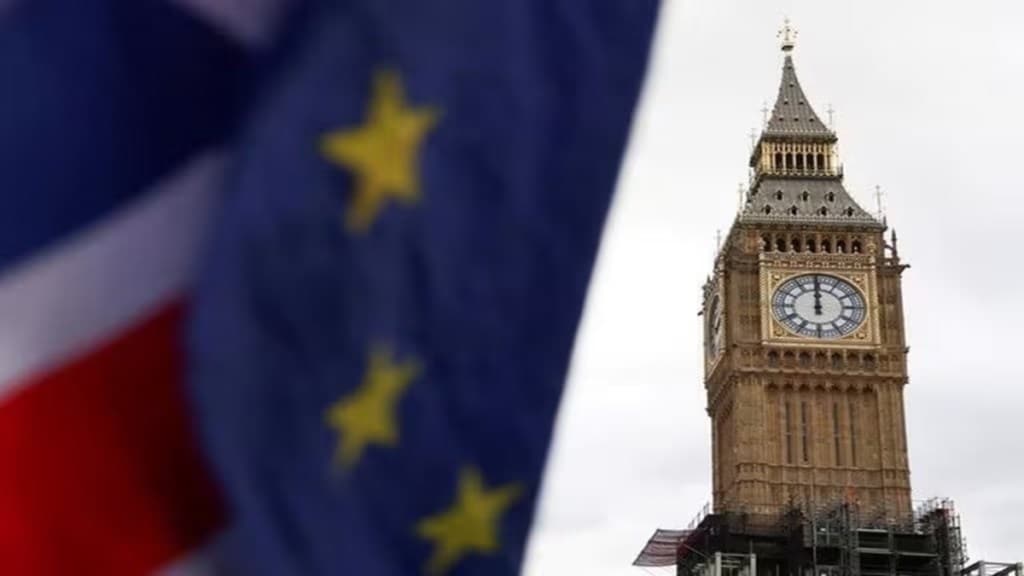UK employers may soon have to pay more to hire overseas workers. UK Home Office plans to increase fees for immigration services including issuance of Certificate of Sponsorship.
UK employers need to provide proof of sponsorship to each foreign worker they hire. These are for people applying on a Skilled Worker visa from outside the UK. This is an electronic record, not a real one. Each certificate includes a unique number, which a worker can use to apply for a visa.
When employers assign the certificate to a worker, they must use it to apply for their visa within 3 months. Workers must not apply for their visa more than 3 months before the start date of the job listed on the certificate.
Employers need to pay a fee when they assign a certificate to a worker. How much a certificate will cost depends on the type of sponsor licence they have. Currently, the Cost per certificate is £239 which is proposed to be increased to £525.
The Certificate of Sponsorship’s increased cost will necessitate sponsors to reassess their immigration budgets to ensure readiness to sponsor foreign nationals.
UK Home Office plans to increase fees for immigration products and services, aiming to reduce taxpayer funding dependence on the migration and borders system.
The proposed changes laid before Parliament on January 16 will provide the flexibility to increase the maximum fee that can be charged on a range of immigration and nationality products and services.
Employers under the Skilled Worker Route are expected to pay a Certificate of Sponsorship cost that is expected to double. The proposals are awaiting UK Parliament’s approval, pending legal processes, and there is no definitive date for the implementation of the fee increases. Employers in the United Kingdom who want to hire foreign nationals must account for these extra expenses in their budgets.
If approved, Electronic Travel Authorisation (ETA) fee could rise to £16, the certificate of sponsorship fee could rise to £525, naturalisation as a British citizen could rise to £1,605 and naturalisation as a British overseas territories citizen could rise to £1,070.
The government anticipates that adjustments to ETAs, certificates of sponsorship, and nationality items will earn an additional £269 million per year. The move is part of the government’s “Plan for Change,” which aims to streamline and digitize the immigration procedure.

